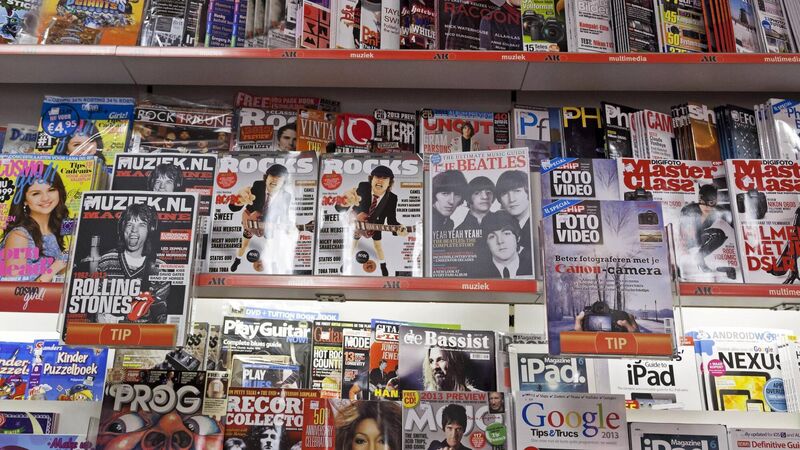Tom Dunne: A glimpse at the glory days of the music press

Q magazine closed in 2020, marking the end of an era for the music press.
January and February are traditionally bad months for musicians; gigs all but disappear, revenue streams dry up. As our beloved piano player, Pat, used to say; “January, not a sausage!” He would say this, passing his credit card, stoically towards the bar.
I think of him every year at this time, as music hibernates. Not a sausage to be earned again till spring. So, I take comfort in long, hungry, walks and, increasingly, audio books, mostly about music, the latest being Ted Kessler’s .





